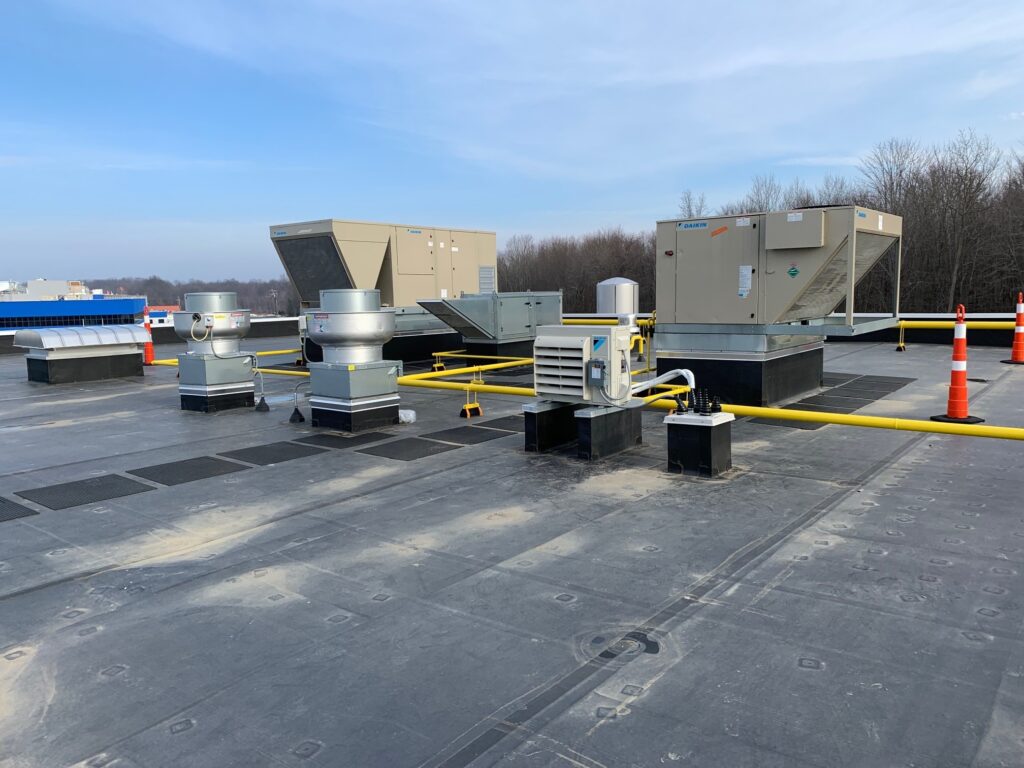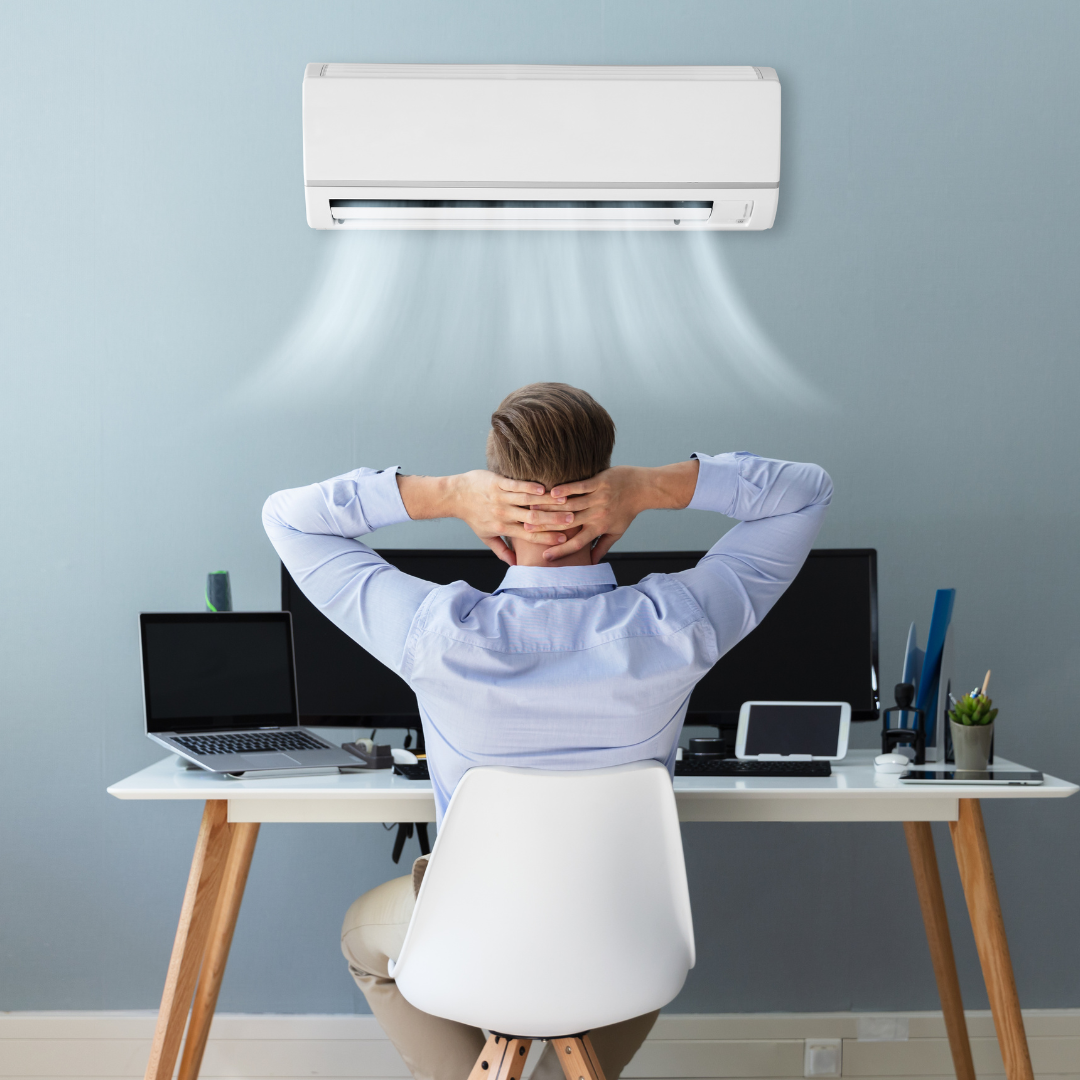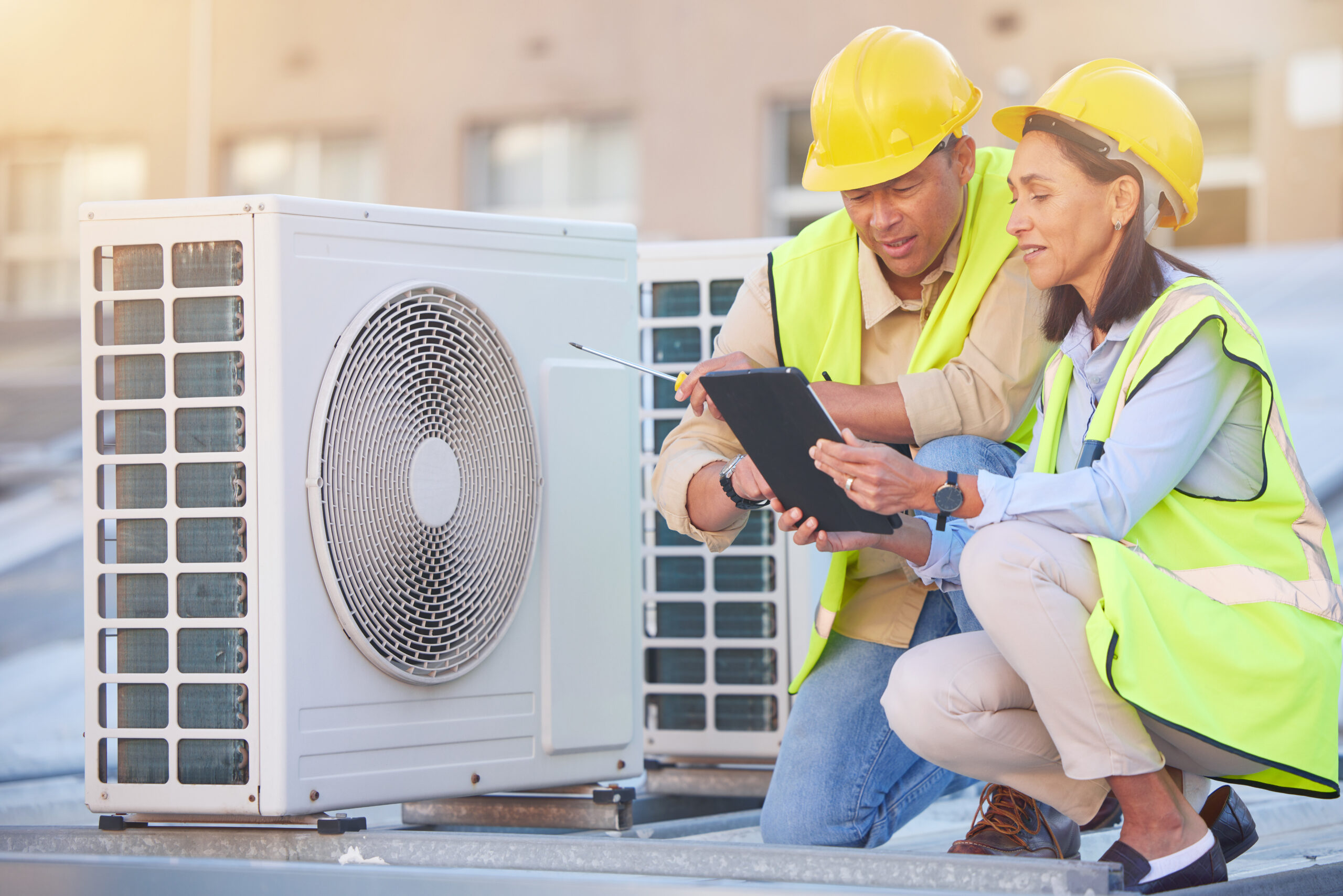It doesn’t feel good to read a whole blog post about your air conditioner, only for it to barely make sense because of the inclusion of industry-specific words you’ve never heard before.
We understand how frustrating that can be. That’s why we want to give you a basic tutorial on how to read certain terms that have to do with your AC. After reading this, when you’re confronted with a strange blog post or an amateur trying to tell you that you need air conditioning repair in Strongsville, OH because your “AC is short cycling,” you’ll know they’re not kidding around.
We’ll go over some of the most common phrases and terms we use in the HVAC world. Feel free to call our team if you’ve got any more burning questions about your air conditioner or some other terms you might have come across online.
Major AC Terms to Remember
In order for you to get off on a good footing, it’s important to know some of these HVAC terms in relation to your air conditioner. These are important because they’ll sometimes refer to a component, a process, or some vital information about your air conditioner. So let’s get started!
- Refrigerant. Your air conditioner relies on refrigerant in order for it to cool your house. It’s not a fuel the system consumes, but rather the blood of the system that’s cycled from indoor component to outdoor component. If your AC needs a refrigrant recharge, then it could be suffering from a leak.
- Air filter. This is an important one because we’re not talking about your personal air filter, or your other HVAC air filter. This air filter is specific to your air conditioner. If you go to your return air duct and inspect it, you’ll notice a filter that catches any debris going into your AC. This needs to be replaced every 1–3 months and it’s vital for your system’s efficiency.
- Efficiency. Efficiency refers to how much energy the air conditioner consumes when it is cooling your home. If your AC is keeping your home at a comfortable temperature but it’s doing so at an incredibly high price, then it’s not running efficiently.
- SEER. SEER rating stands for the seasonal energy efficiency ratio, and it’s the rating we use to determine how efficient an air conditioner or heat pump is.
- Short Cycling. Your air conditioner is supposed to run in full cycles when it cools your home. If it’s constantly turning on, running for a few minutes, then turning off, something is wrong. We call this issue short cycling, and it can be a clue about some serious problems.
- Heat Pump. If you’re confused about the difference between a heat pump and an air conditioner, then you’re not alone. Heat pumps are just air conditioners that can also reverse the flow of refrigerant and provide heating to a home as well. That’s it!
Call Us If You Need Help!
Don’t hesitate to call our professionals if you need help with your air conditioner, or if you need clarification on some terms.







